Subgrantee Group
The greening of religions: A cross-cultural test of when, how, and with what consequences religious meaning systems are adapting to the social pressures of the climate crisis
Principal Investigator: Adam Baimel, Oxford Brookes University, UK
The scientific evidence of anthropogenic climate change, biodiversity loss and species extinction is incontrovertible. And after several decades of science communication efforts, concerns about the threats of ecosystem collapse are increasing around the world (Pew Research Center, 2019). Nevertheless, we now know that expressions of environmental concern are particularly poor predictors cross-culturally of the increasingly necessary individual and collective behavioral commitments to protecting the natural world (Eom, Kim, Sherman, & Ishii, 2016; Tam & Chan, 2017). And so, it seems that although science has successfully sounded the alarm, it has proven to be an insufficiently potent call to action. Science, however, is but one culturally evolved system capable of galvanizing human cooperation to tackle threats to human sociality. And, we hypothesize that one of the most potent drivers of cooperative action across societies – religion – stands to play an integral role in transforming concern into devoted commitments to protecting the planet. And thus, in a broad sample of the world’s religious diversity our project will identify when and how religious systems adapt their concerns to the emerging societal pressures of the climate crisis. And, to identify the consequences thereof, we will test the relative potency of religious and scientific calls to action on attitudinal concern for and behavioral commitments to environmental protection. If religion has culturally evolved in ways to mitigate threats to cooperation – we would expect religious systems to continuously adapt to novel societal threats – and especially those with large-scale consequences for human sociality such as the climate crisis.

